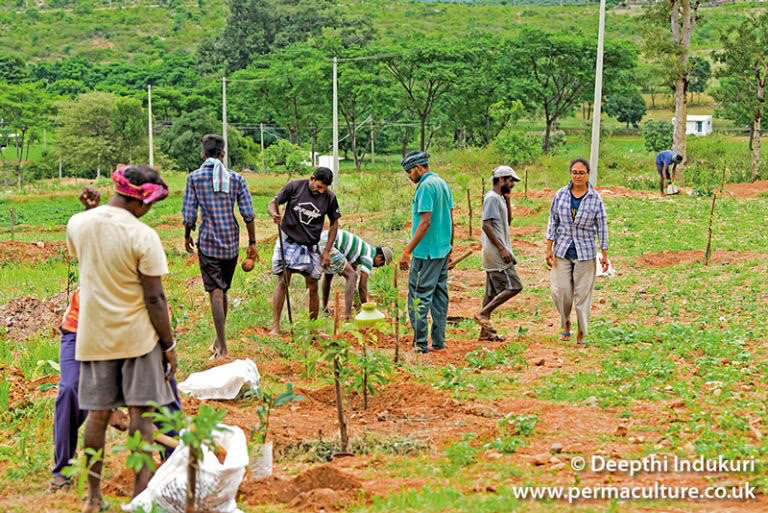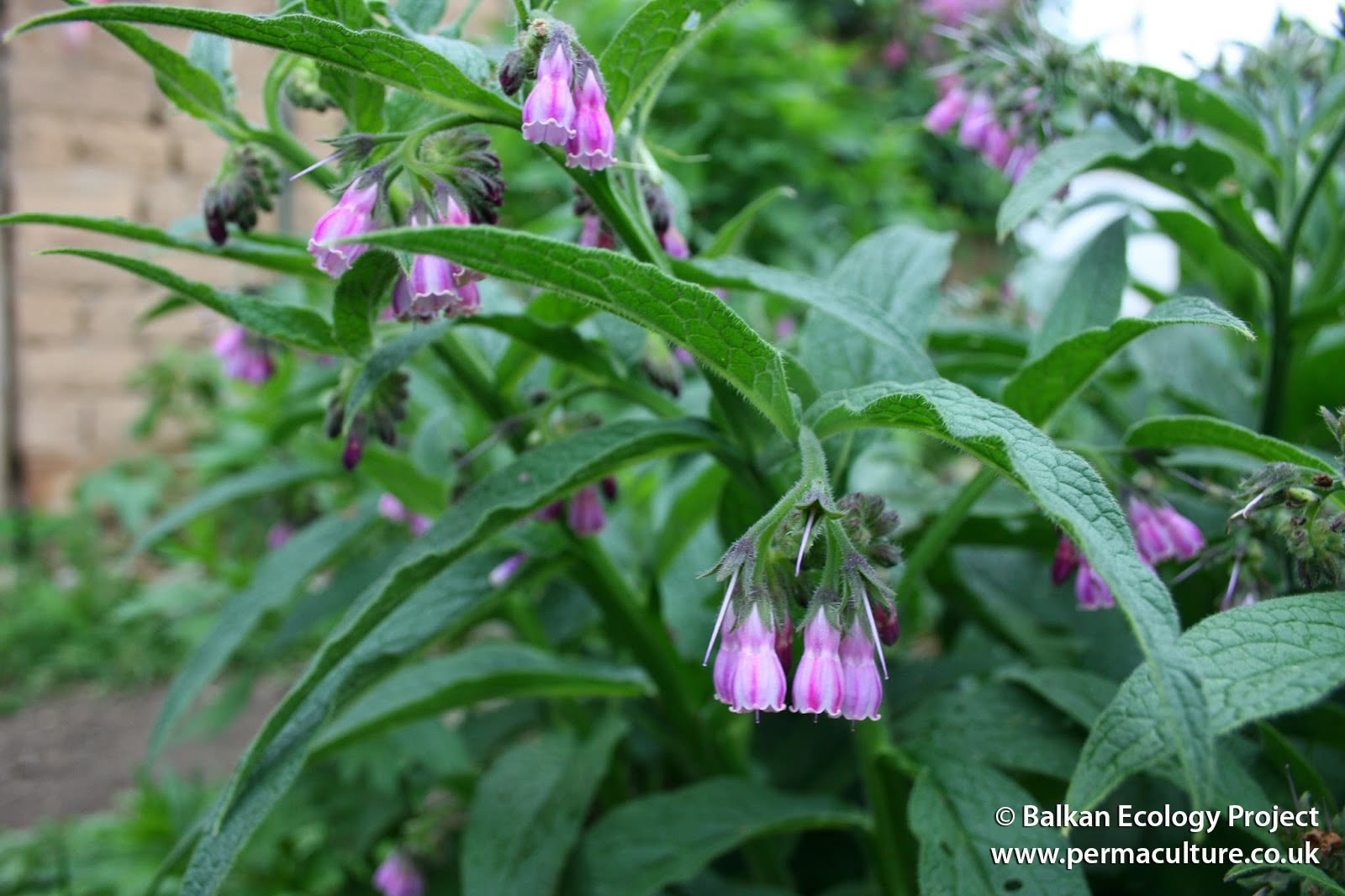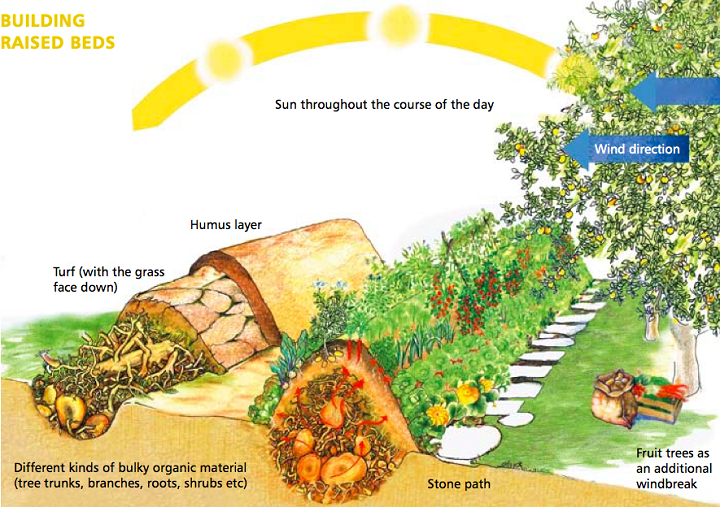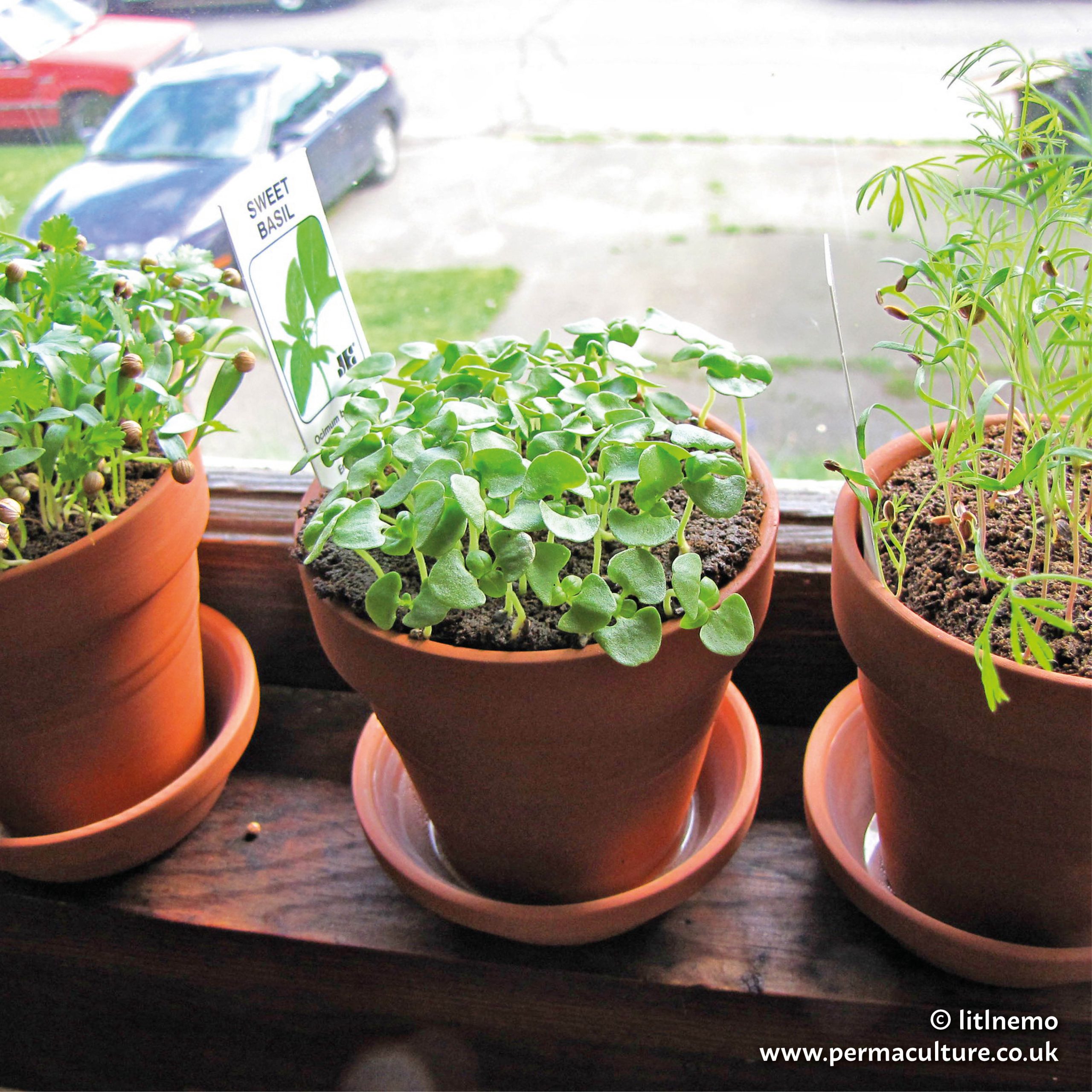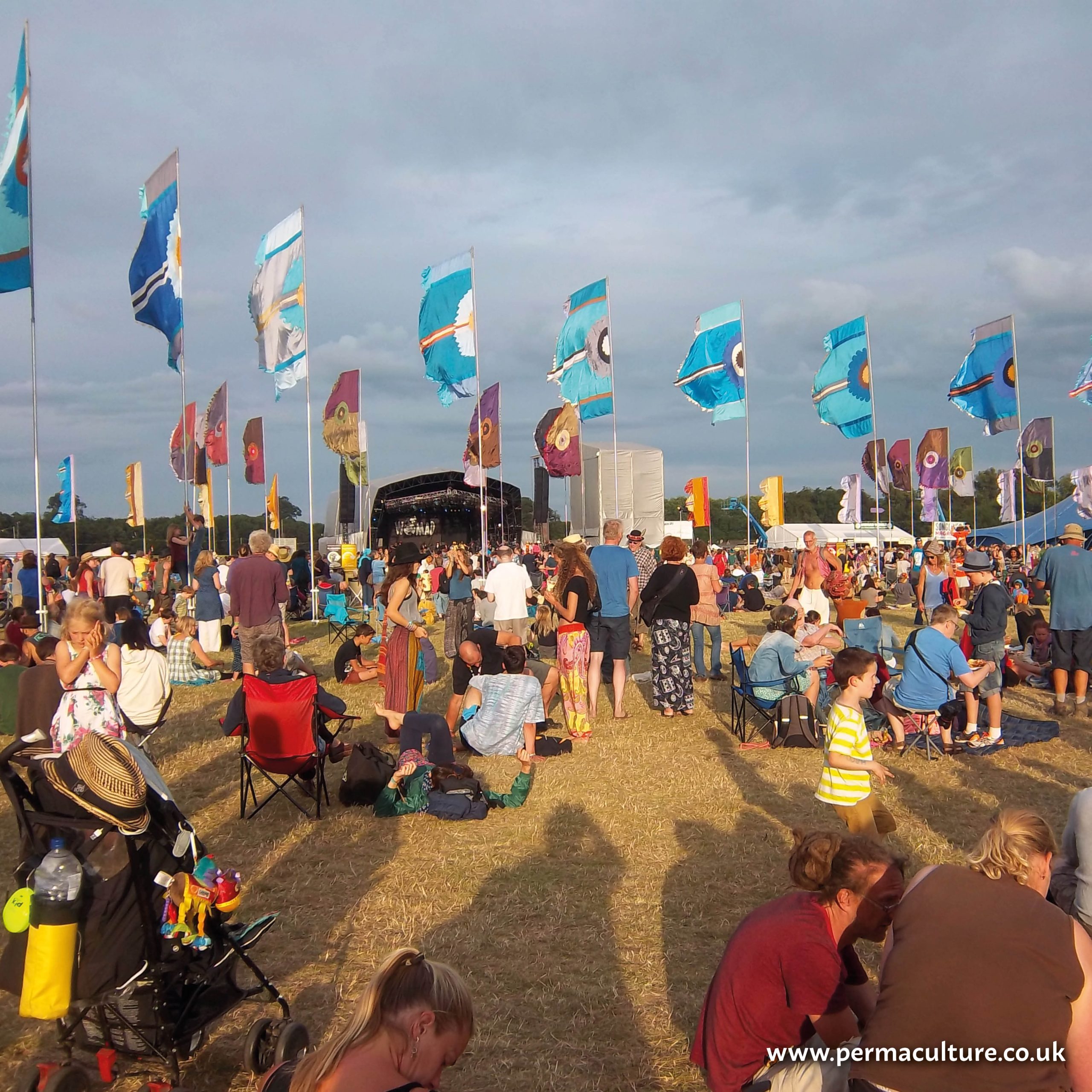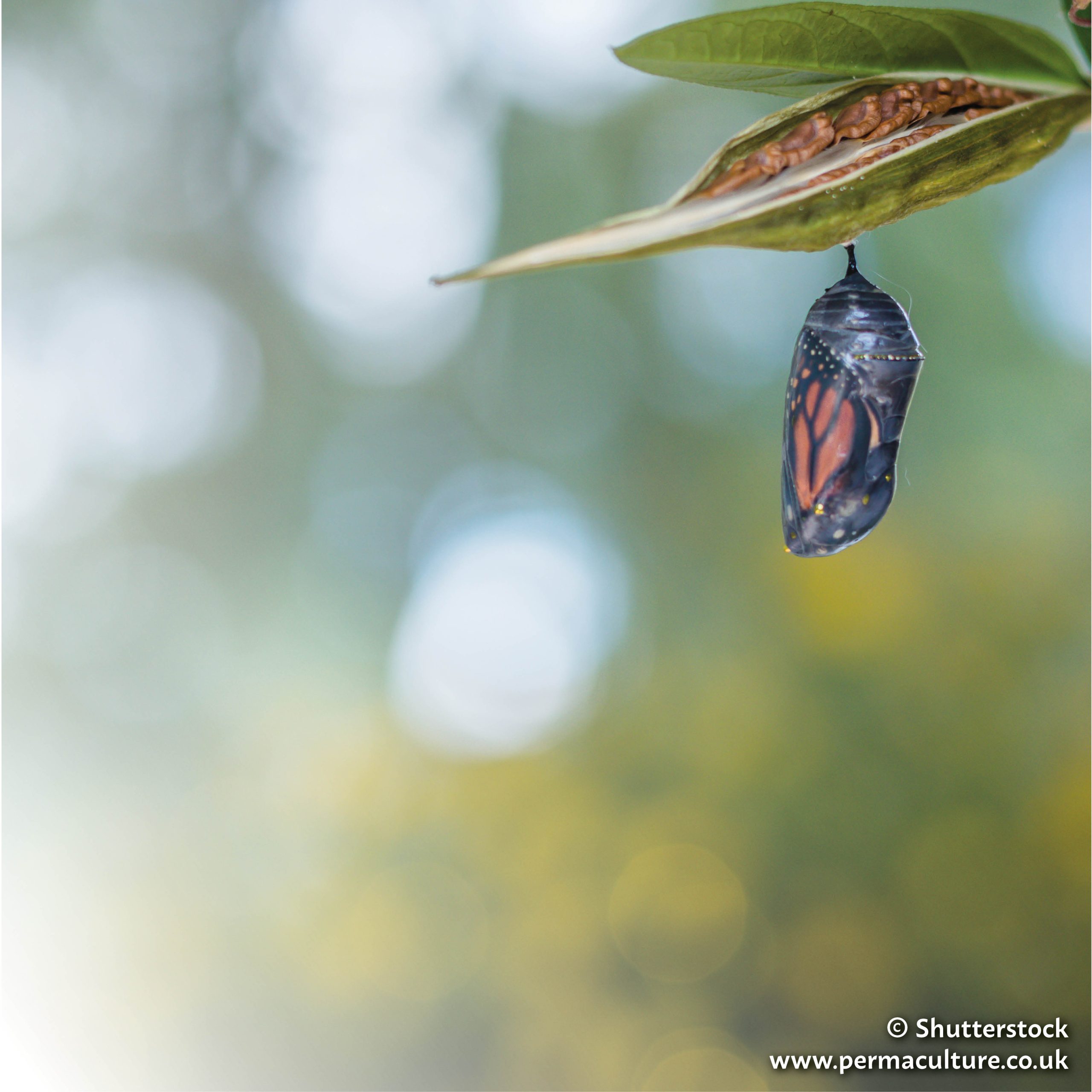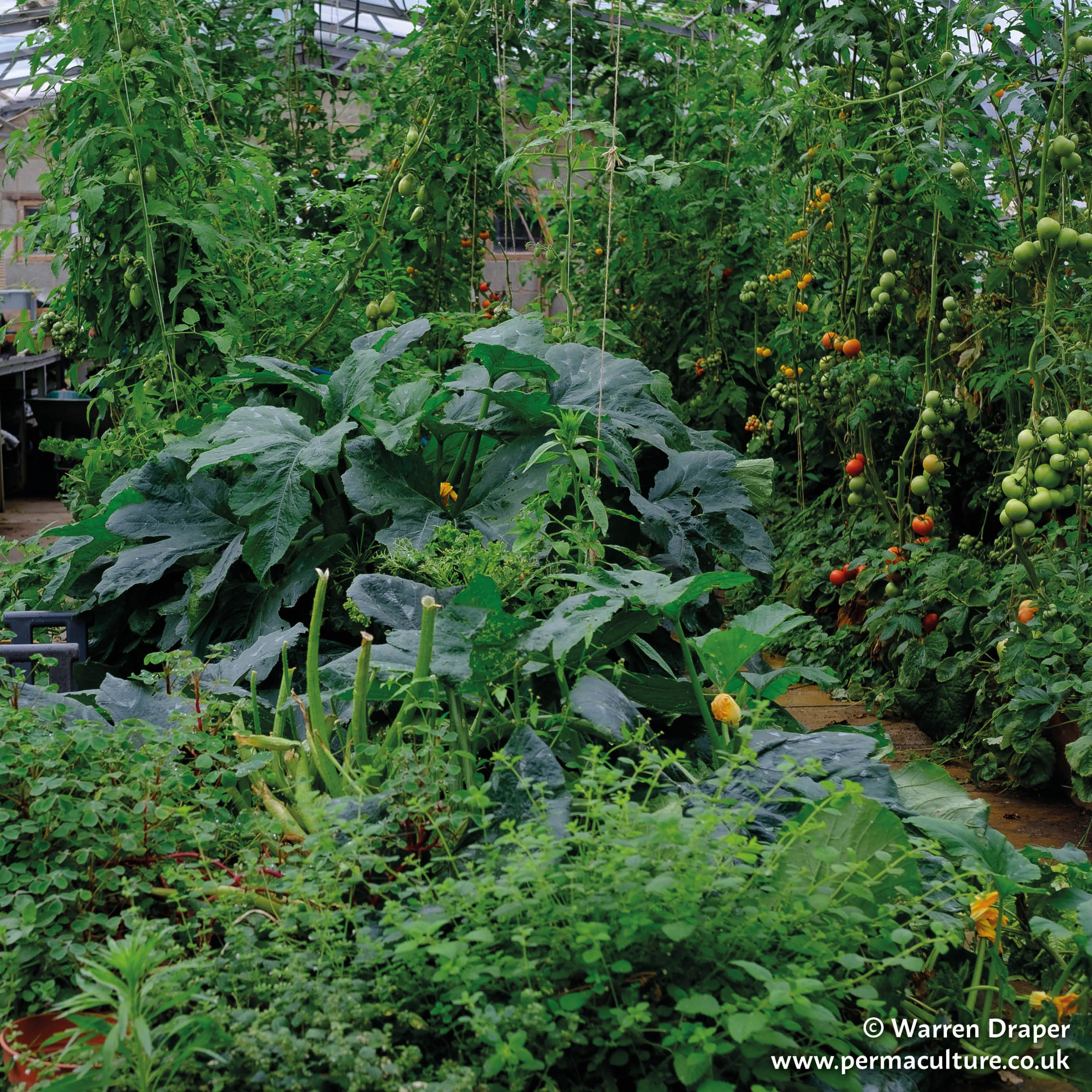Life on the streets is tough.
You are constantly on the move and hustling to find a way to make money.
You are constantly hungry and looking for ways you can get food to eat.
You are constantly aware of people around you and looking for danger around every corner.
This is hard enough if you are an adult, but imagine being a child and having to find your own ways to survive.
Support and Love Via Education International (S.A.L.V.E.) is a Ugandan charity supporting children to be able to leave the streets. We exist to help street connected children and their families to access education and thrive.
Since S.A.L.V.E. began in 2008, we have supported more than 2,000 children living on the streets through our Street Outreach programme. We have provided temporary accommodation to over 520 children to help them transition away from the streets. We have resettled over 560 children who had been living on the streets back to loving families and continued to provide the counselling and support that allows them to flourish at home. We have supported 180 children to receive formal education and helped more than 240 families to set up small businesses to support themselves. We have also planted over 5,000 fruit trees and started an innovative Drug Rehabilitation programme.
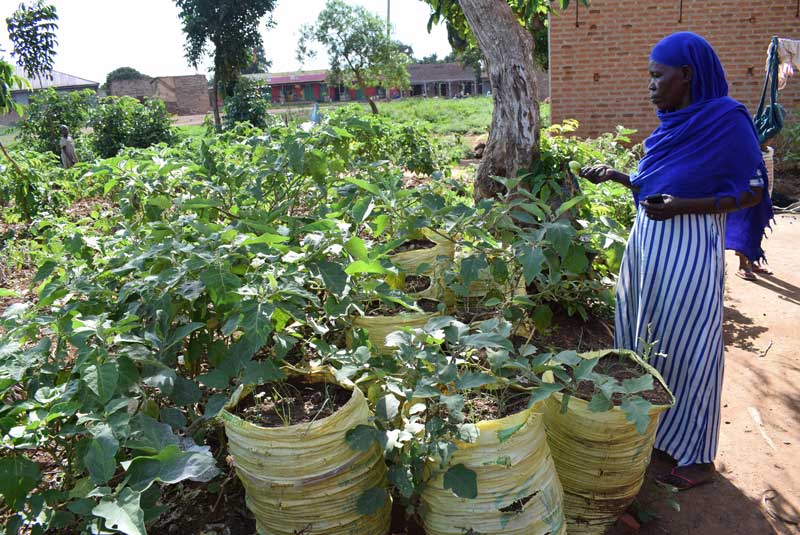
Our Permaculture project started in 2017 by creating a model learning farm at our 5 acre site to inspire the children and enable them to learn skills in sustainable horticulture. We grow trees, flowers, fruits and vegetables, illustrating how to zone land and work with its natural flows. By choosing a sloped, depleted soil site, we show how you can enhance and make different uses of land with contours and a robust recycling system improving the soil. Our site is solar and hydro powered and our water comes from our rainwater harvesting system. Our social enterprise makes environmentally friendly cooking briquettes from farming waste to combat deforestation. Our classrooms are even made of recycled plastic bottle bricks.
Many of the children we support have experienced trauma and have low self-confidence. We use permaculture to connect them to the environment around them and help them to find balance and harmony in the world again. The children love learning about permaculture and these skills are a great tool to help them reintegrate with their families. Being able to support their family with knowledge helps the children to feel valued and that they can contribute to their community.
“When I lived on the streets, I didn’t know when I might next eat. Now I like learning how to grow food and care for animals at S.A.L.V.E., so I don’t need to be hungry ever again.” Kendrick aged 14
We have also developed a Permaculture and Business skills training programme, supporting the children’s caregivers to learn and use permaculture skills to generate an income. We additionally help them to train members of their own communities across Uganda in key permaculture skills they have learnt. We have so far trained 1,039 people directly and a further 1,998 people have benefited from those skills, reaching 3,037 people in total.
Ensuring families that aren’t normally able to provide for themselves financially are now able to reduce economic inequality. A key part of our training is about giving back and sharing skills. Training others helps to solidify personal learning, as well as passing on vital knowledge to improve practice in their local area.
Uganda has an equatorial climate with two main annual growing seasons. Due to a changing climate the rainy seasons are no longer distinct, which makes it hard for farmers since most agricultural outputs are rain fed. Intensive deforestation to provide farming land and cooking fuel is leading to increased soil erosion. Soil depletion due to mono-cropping and overuse of pesticides is also reducing yields.
More than half Uganda’s population is under the age of 16 and families are often large (the families we support have an average of seven people. Uganda has welcomed more than 1 million refugees and thus has a booming population needing to clear more farming land for survival.
In the future we hope to do more educative work around the dangers of deforestation and ways communities can help to support and replenish their local environment.
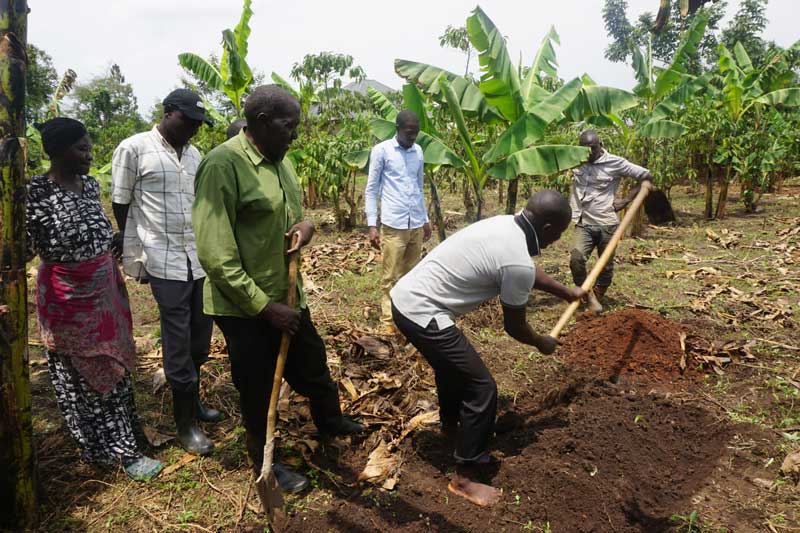
Jenifer is mother to one child S.A.L.V.E. has resettled home. She lives in a one-roomed house with her four children. Sadly her husband passed away in 2020, during the lockdown, leaving her a single parent trying to survive the pandemic. Her husband had been the main breadwinner in the family, and they had done a little crop growing on their land for their own use, but had struggled a lot due to lack of tools and the unpredictable rainy seasons.
After attending the three day training on permaculture and business skills at our residential site, Jenifer was supported to map out her land and started growing.
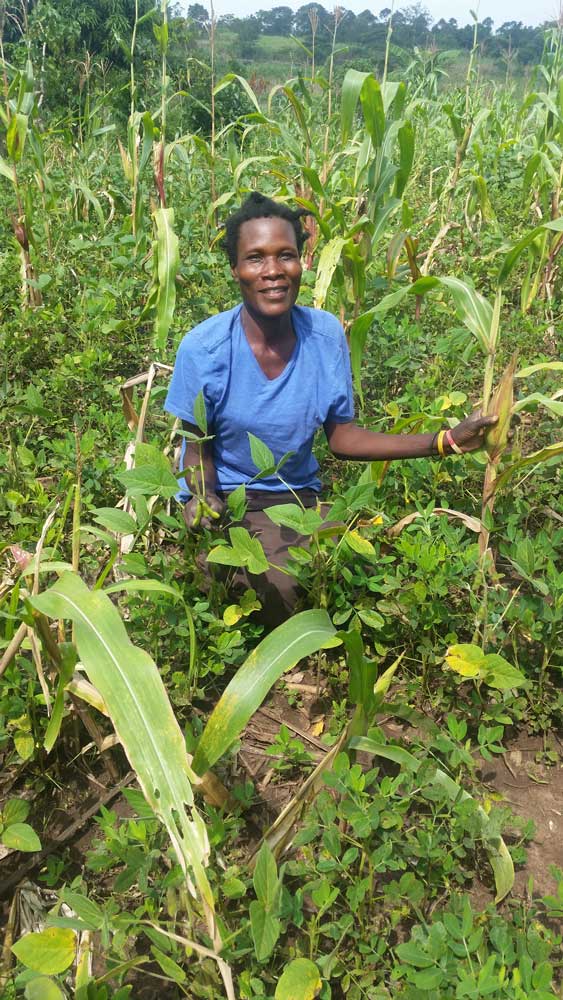
She worked very hard and is delighted by her success. Members of the local community now come directly to buy her crops. The money from these sales is used to buy basic necessities at home like clothes and soap. She harvested 250kg of maize after her first season. Part of this was milled to make posho flour for her family and the rest was sold for a good profit. She was also supported to train 10 members of her community in the permaculture skills that she most valued, which they found very helpful.
Jennifer is proud and excited to further develop her farm and her learning. Her whole family is much healthier now they have a better diet. She is planning to exchange her next maize harvest for school fees so that all her children can go to school again.
“I feel more confident now in what I can do. I can look after both my land and my family through permaculture, which gives us hope for the future.” Jenifer
S.A.L.V.E. was shortlisted for the 2022 Permaculture Magazine Award. Learn more about their work at: www.salveinternational.org
Training the Next Generation in Earth Repair
Permaculture Tools for Local Food and Strengthening Community
S.A.L.V.E. International was founded in February 2008 by Helen Bolton, Nicola Sansom and Mike Asiya.
